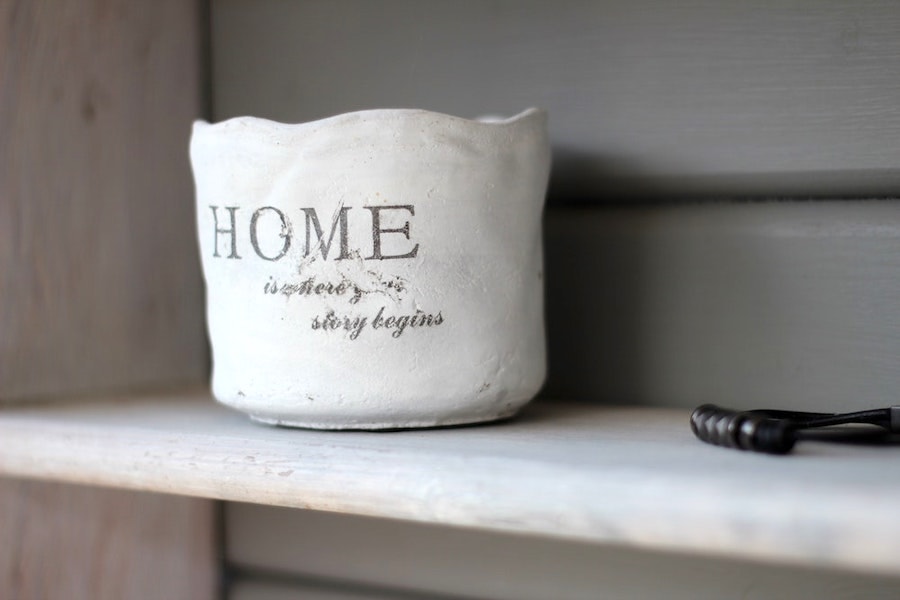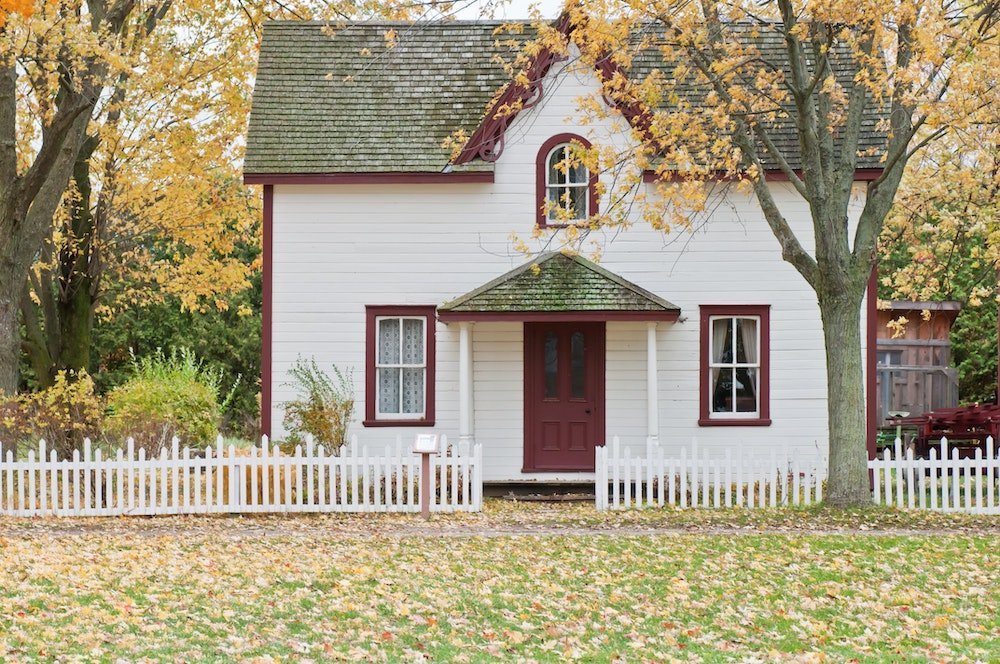
Lately, we’ve been getting a lot of questions from homeowners about reverse mortgages. It’s understandable. Economic uncertainty seems to be standard fare for homeowners across the country right now, and information about reverse mortgages can appear conflicting and confusing.
If you’ve got a substantial amount of equity in your home and you’re over the age of 62, can a reverse mortgage provide financial stability? When is a reverse mortgage a good idea? Are there hidden dangers of a reverse mortgage?
We hear you.
After all, one of the biggest benefits of homeownership is accessing your home equity when you need it most. Keep reading to learn the pros and cons of a reverse mortgage and decide if it’s a good fit.
TOP 7 QUESTIONS ABOUT REVERSE MORTGAGES (answered)
1. What is a reverse mortgage and how does it work?
At its core, a reverse mortgage is one way to refinance your mortgage. A reverse mortgage allows homeowners to turn their home equity into cash while deferring mortgage payments. As with every mortgage, your home is the collateral for the new loan.
A reverse mortgage is similar to refinancing with cash-out. But with a reverse mortgage, you can defer your mortgage payments. In fact, with a reverse mortgage, you don’t need to pay back the loan until the homeowner moves out, sells the property, or passes away.
For example, let’s say you own a home and you’ve been making monthly mortgage payments on a 30-year mortgage for several years, and now your mortgage balance is $100k. Your home has also increased in value and is now worth $650k.
A reverse mortgage allows you to borrow against the equity in your home ($550k) and receive the funds in a lump sum or monthly payments over a set term. There are limits to how much a homeowner can borrow.
There are no restrictions on how you use the funds.
Once you’ve qualified for a reverse mortgage, you can defer your mortgage payments until you move or sell the house. Interest will accrue on your new mortgage, but rarely will your mortgage balance surpass the value of your home.
2. When is a reverse mortgage a good idea?
If you’re a homeowner over the age of 62 with substantial equity in your home, a reverse mortgage might be worth considering. You can access your home equity and use the cash any way you like, without restrictions. Funds are disbursed as a lump sum, regular monthly payments or even a line of credit.
Highlights:
- Access to home equity as spendable cash
- Option to defer mortgage payments
- Option to receive in a lump sum or monthly payments
- Use funds to supplement retirement income
- No taxes due on the income since they are loan proceeds
- Protected if the mortgage surpasses your home’s value
3. Do I need to make monthly mortgage payments on a reverse mortgage?
No. One of the main benefits of a reverse mortgage is that you have options for paying your mortgage. The main benefit is that you can access your equity now and have it disbursed to you monthly, as a lump sum, or even a line of credit.
You get to decide how you want to pay back your mortgage:
- Make monthly payments against your new mortgage balance
- Defer payments for a limited amount of time
- Defer payments until you decide to move or sell the home
With a reverse mortgage, if you decide to defer mortgage payments, the interest on the loan will continue to accrue. As interest accrues, the balance will increase, but the equity in your home will also increase. Rarely will a reverse mortgage balance surpass the value of the home.
Connect with a mortgage advisor to determine which option works best with your financial goals.
4. Who is eligible for a reverse mortgage?
Homeowners must be at least 62 years old and have substantial home equity. When you apply for a reverse mortgage, it’s similar to applying for a mortgage refinance. The application process will require a home appraisal, financial documentation, a credit report, and general mortgage application information.
Connecting with a local mortgage advisor to discuss your goals can be extremely helpful since there are a few restrictions and requirements.
Once you qualify for a reverse mortgage, you can decide how much you want to borrow, up to the approved loan amount.
RELATED: Lower your mortgage payment with the FHA Streamline Refinance
5. How do I access funds with a reverse mortgage?
With a reverse mortgage, you can receive a lump sum, monthly payments, or use a line of credit. Once you qualify, you can decide how much you want to borrow and how you want to receive the funds, up to the loan amount approved by your mortgage lender.
Often, homeowners choose a reverse mortgage to help with monthly expenses, health care needs or as a supplement to retirement income.
RELATED: Home Equity Loan vs. Home Equity Line of Credit
6. Who pays off a reverse mortgage if the property owner moves or passes away?
Reverse mortgages can be paid off at any time. In most cases, a reverse mortgage is paid off when the owner moves or passes away.
With an estate, heirs can pay off the mortgage directly, refinance if the property has sufficient value, or sell the property to pay off the mortgage.
In the few instances where the home’s value falls below the loan balance, heirs can settle the loan by returning the title to the lender. This is called a non-recourse loan, and the heirs will not be liable for the balance.
Most reverse mortgages are insured by the FHA, which guarantees final payment to the mortgage lender.
RELATED: 7 Ways to Increase the Value of Your Home
7. What happens when you sell a home with a reverse mortgage?
When you sell a home with a reverse mortgage, the mortgage balance is paid in full when the sale closes. If there is equity left after you pay off the mortgage balance, that money is disbursed to you (the property owners) or the heirs if part of an estate.
If your home’s current market value is lower than the current mortgage balance and you no longer want to live in the home, the mortgage is settled as a non-recourse loan.
A non-recourse loan means that the loan can be settled by giving the title back to the lender. Neither the owner nor the heirs will be liable for the balance. Almost all reverse mortgages are insured by the FHA, which guarantees full payment to the mortgage lender.
- Worth noting— foreclosures can still happen if property taxes or homeowner’s insurance are not paid on time.
Taking Action
Connect with a mortgage advisor to determine whether or not a reverse mortgage is a good fit. Remember, you can access your home equity in many different ways — with a reverse mortgage, cash-out refinancing, a line of credit, or a home equity loan. We can help you decide which path will save you money and provide financial stability. Connect with a local mortgage advisor to get started. We’d love to help.



